Modern Reservoir Characterization : Integrating Artificial Intelligence (AI) with Traditional Methods
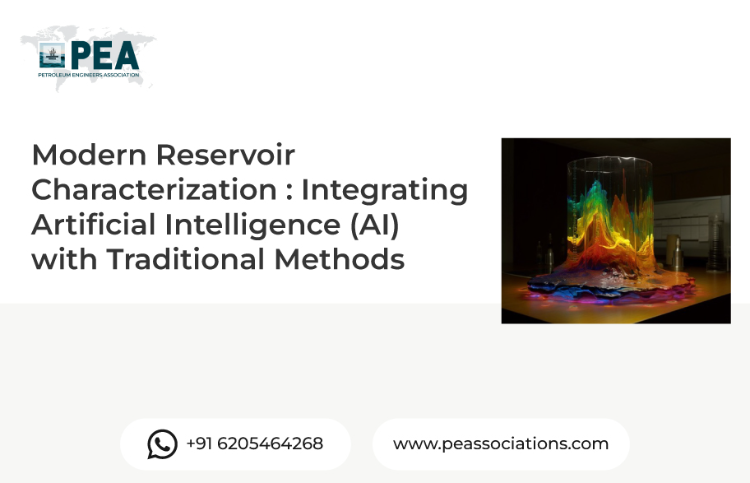
During this workshop, participants will develop a more comprehensive grasp of the geophysical theory of seismic inversion and explore advanced seismic reservoir characterization techniques. Discover the essential steps in the seismic reservoir characterization workflow using machine learning, covering data processing to inversion analysis. Acquire valuable knowledge applicable to your everyday projects.
In classical reservoir characterization, it is commonly assumed that the reservoir exhibits both elastic and hydraulic isotropy. However, real reservoirs often exhibit anisotropic characteristics and spatial heterogeneity on multiple scales. Relying solely on core and log data may not accurately represent the larger reservoir volume. Therefore, the most effective way to accurately analyze the physical properties of most actual reservoirs, across their entire volume, involves utilizing advanced machine learning methods for acquired and interpreted seismic data.
Workshop Objectives
This workshop aims to offer Exploration & Development professionals the chance to gain practical experience in a range of Seismic Reservoir Characterization techniques. This comprehensive workshop will provide a complete overview of seismic approaches, including the underlying theoretical principles and practical techniques used in real-world scenarios.
About the Presenter
The webinar will be delivered by a seasoned industry professional with extensive experience in reservoir engineering, geoscience, and data-driven technologies. The presenter combines strong technical expertise with practical field knowledge, offering participants both strategic insights and actionable applications relevant to today’s oil and gas challenges.

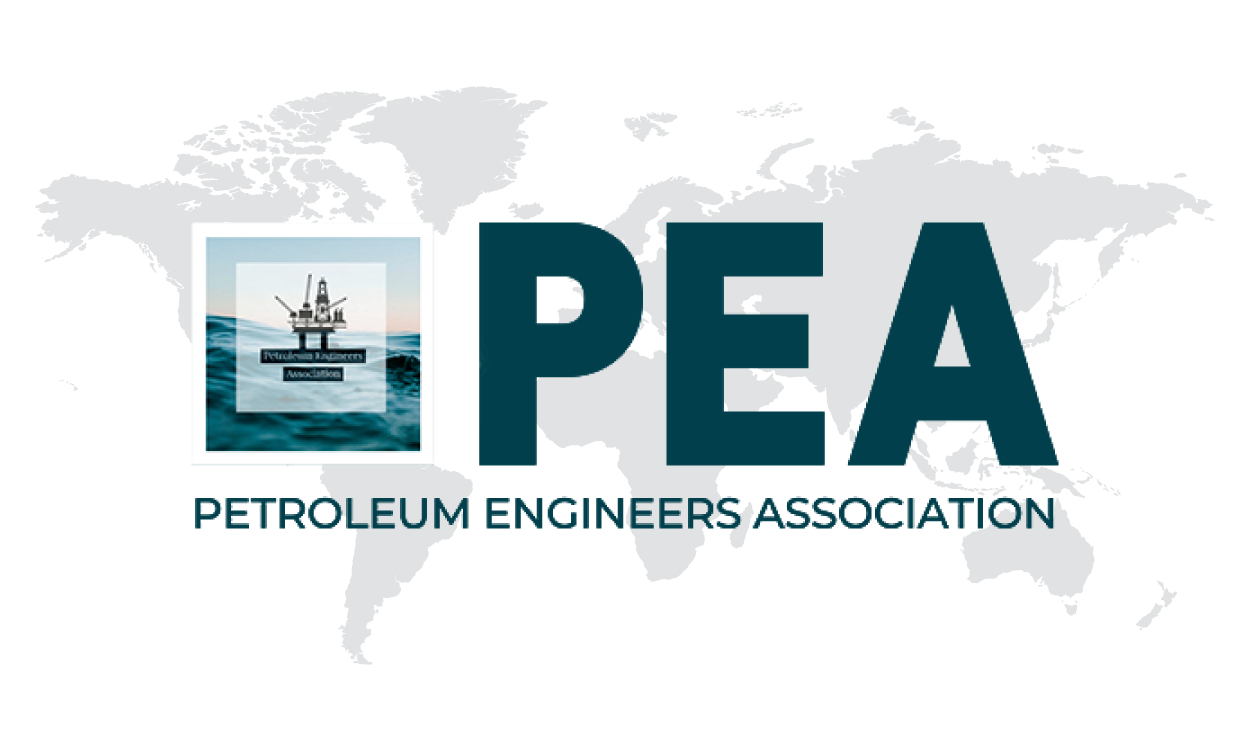

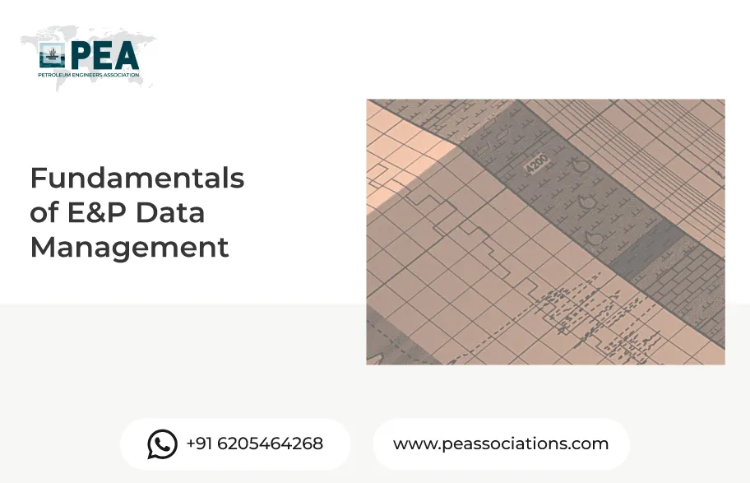
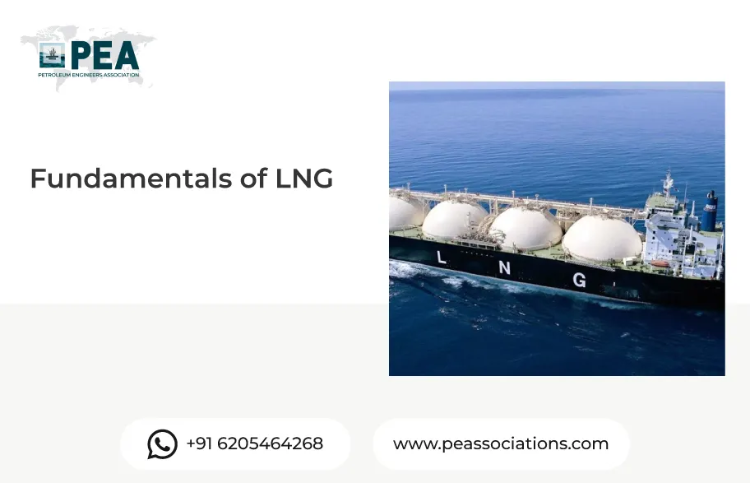
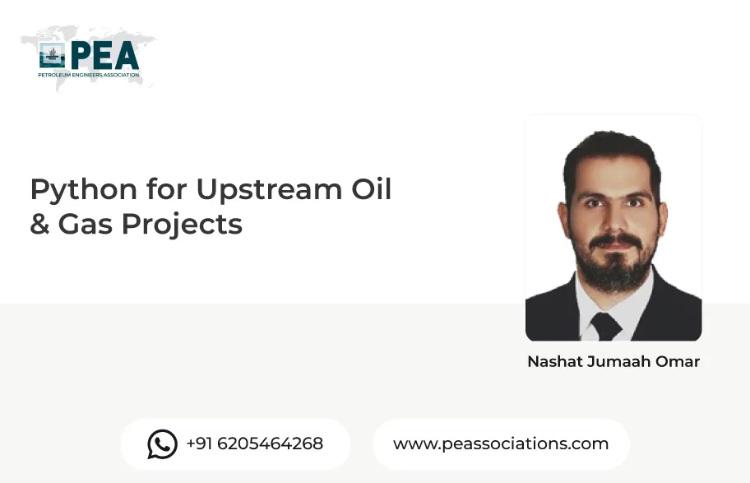
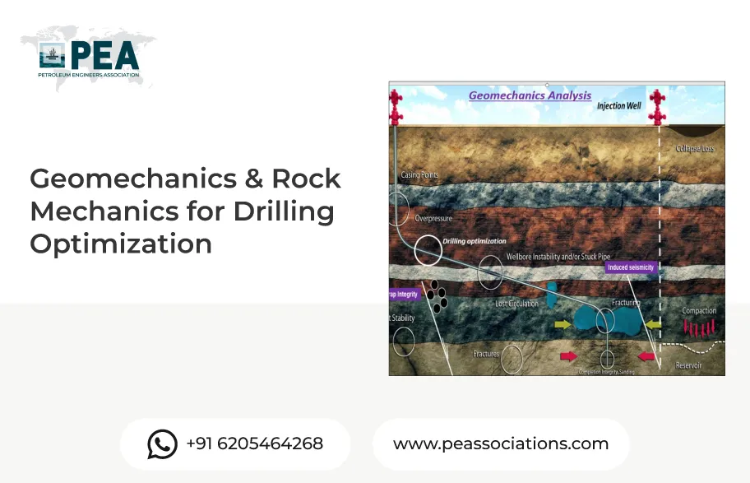
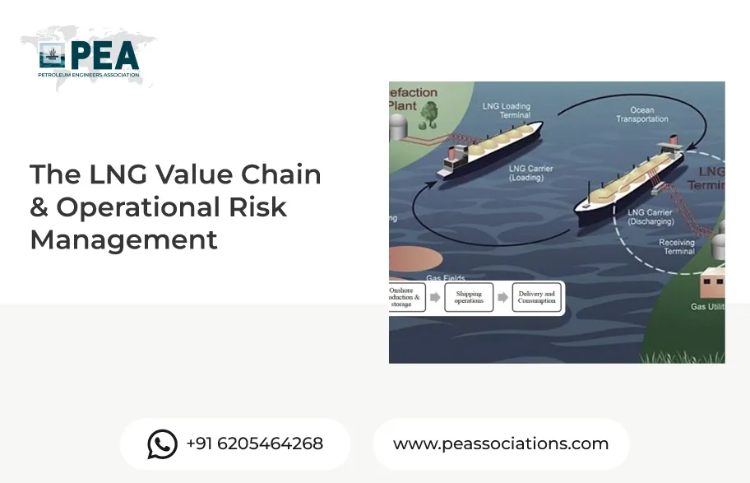
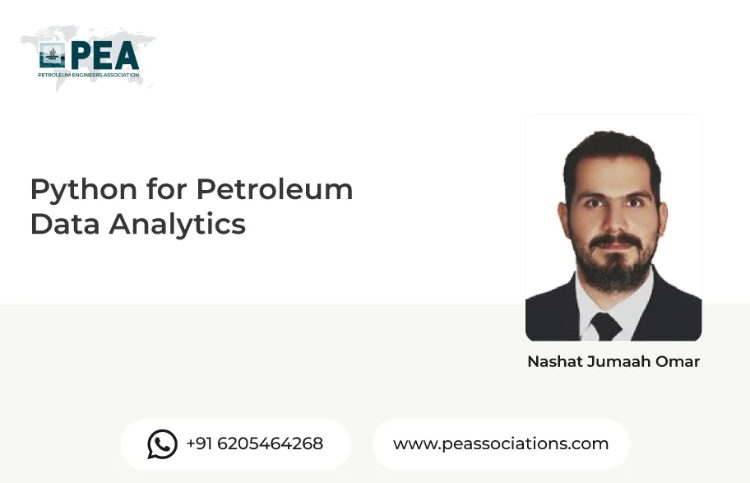
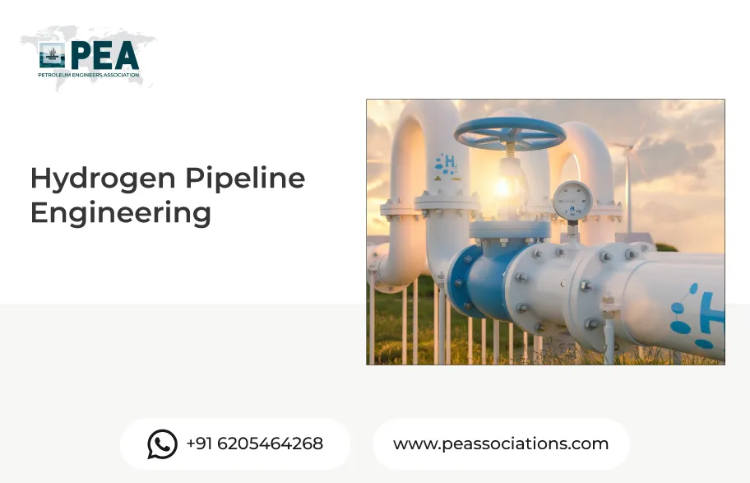
Applied Machine Learning for Upstream and Subsurface Domains
This two-day hands-on workshop is designed for petroleum and subsurface professionals seeking practical skills in machine learning for upstream oil & gas operations. The program teaches participants how to apply machine learning to uncover patterns in production and reservoir data, discover equations from historical relationships, and build predictive models for vital engineering parameters. Real-world datasets from drilling and subsurface domains are used, focusing on automating reports, visualizing data, and interpreting model outputs for improved decision-making.